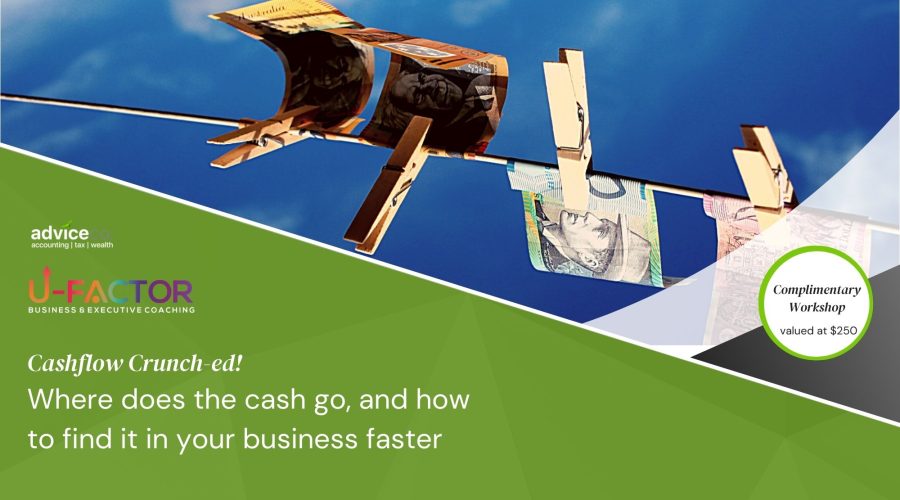Small business technology investment boost Posted on March 7, 2023

Small businesses that incur expenditure relating to an adoption towards becoming a digital business will be entitled to a bonus tax deduction.
For the purposes of the Technology Investment Boost, a small business is defined as an entity with an aggregated turnover of less than $50 million. These small businesses will be entitled to the bonus deduction for expenditure incurred between:
• 7:30pm (AEDT) on 29 March 2022 (Budget night), and
• 30 June 2023.
The bonus deduction is equal to 20% of the cost incurred by the business. An annual bonus deduction of $20,000 will apply in each qualifying income year so that expenditure up to $100,000 will be eligible for the bonus deduction. As the bonus deduction is available in 2 financial years, an overall maximum bonus deduction of $40,000 is available.
Qualifying expenditure
To qualify, an incurred cost needs to support a small business’s ability to transition to a digital business. Items which may be eligible for the technology investment boost include:
• computer hardware and equipment
• computer networks
• software (that is not developed in-house)
• cyber security systems
• digital media and marketing
• portable payment devices
• subscriptions to cloud-based services
• online sales platforms, or
• digital tracking for livestock.
Deductibility
To qualify for the bonus deduction, the expenditure will need to be ordinarily deductible under a provision of the tax Acts. Therefore, expenditure must necessarily be incurred in carrying on a business for the purpose of gaining or producing assessable income.
Expenditure that has multiple purposes, where some of the expense is private, the bonus deduction will need to be apportioned.
Timing of the expense
To qualify for the bonus deduction, the expense has to be incurred between the 2022 Federal Budget announcement (29 March 2022) and 30 June 2023.
If the expenditure is on a depreciating asset, this asset must be first used, or installed ready for use, before 1 July 2023 to qualify for the bonus deduction.
Depreciating assets and the temporary full expensing regime
Qualifying expenditure may also be for new depreciating assets of the business. As some small businesses must utilise the temporary full expensing regime throughout the life of the technology investment boost, all these costs are fully deductible when incurred (or installed).
A business that is eligible for the bonus deduction, but otherwise has opted-out of the temporary full expensing regime, will generally need to deduct depreciating assets over their effective life. This will not affect the bonus deduction, as the bonus deduction will apply to the entire expenditure in the year incurred, up to the bonus deduction limit.
Excluded expenditure
Some types of expenditure are ineligible for the bonus deduction even where they would otherwise meet the requirements. These are:
• salary and wage costs
• capital works which can be deducted under ITAA 1997 Div 43
• financing costs
• training and education costs, and
• expenditure that forms part of trading stock of the business.
This list of items is not directly related to adopting digital operations and the bonus deduction is not intended to cover general operating costs. However, training and education costs may otherwise come under a similar bonus deduction called the Skills and Training Boost.
Claims in the 2021–22 income year
In the situation where a small business incurs costs for digital adoption in the 2021–22 income year, they will not be able to receive the 20% bonus deduction until lodging the 2022–23 income tax return.
Therefore, all claims relating to the bonus deduction for a digital uptake will be included in the 2022–23 income tax return.





